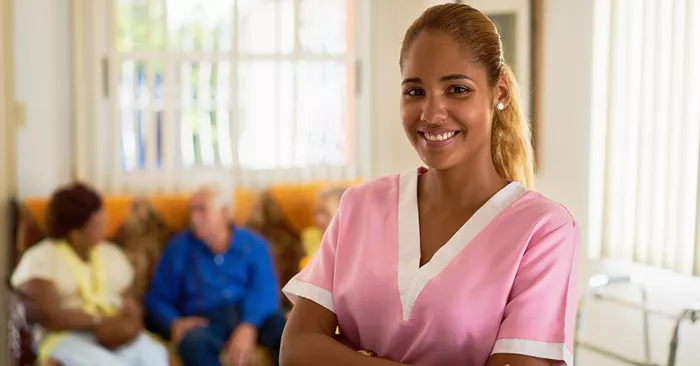MASERU, July 11, 2024 – In a proactive move to enhance public health preparedness, the World Health Organisation (WHO) recently conducted comprehensive event-based surveillance training for 3,455 community leaders and village health workers across multiple districts in Lesotho.
Event-based surveillance is a systematic approach to monitoring and assessing information related to potential health threats, ranging from disease outbreaks to environmental disasters. By actively collecting and analyzing data, this surveillance system strengthens the country’s ability to detect and respond swiftly to health emergencies.
A recent Intra-Action Review (IAR) highlighted weaknesses in Lesotho’s adverse events following immunization (AEFI) surveillance system, largely attributed to insufficient knowledge among health workers in preventing, detecting, reporting, managing, and investigating such events.
“Establishing an Event-based Surveillance system is crucial for building a resilient public health infrastructure that can proactively manage health events,” emphasized Francis Abobo, Consultant at WHO’s Expanded Programme on Immunisation (EPI). “By prioritizing early detection and response, this system will significantly bolster community well-being and mitigate the impact of health crises.”
Village health workers, integral to the success of event-based surveillance, serve as primary contacts within their communities and possess critical insights into local health dynamics. Their firsthand experiences and observations are invaluable for enhancing the effectiveness of surveillance systems.
“Training village health workers in Community-based surveillance will enable early disease detection within communities, preventing disease spread and alleviating burdens on our health system,” remarked Malebonyane Mahase, a field epidemiologist at Lesotho’s Ministry of Health.
With WHO and its partners’ support, Lesotho has initiated event-based surveillance, marking a proactive step towards safeguarding public health through early detection and effective response mechanisms.
Related topics:
- WHO and University of Katyavala Bwila Forge Partnership to Boost Health Initiatives in Angola
- WHO Launches MeDevIS Platform to Enhance Access to Medical Technologies Worldwide
- New WHO Framework to Enhance Health Accounts Measurement


